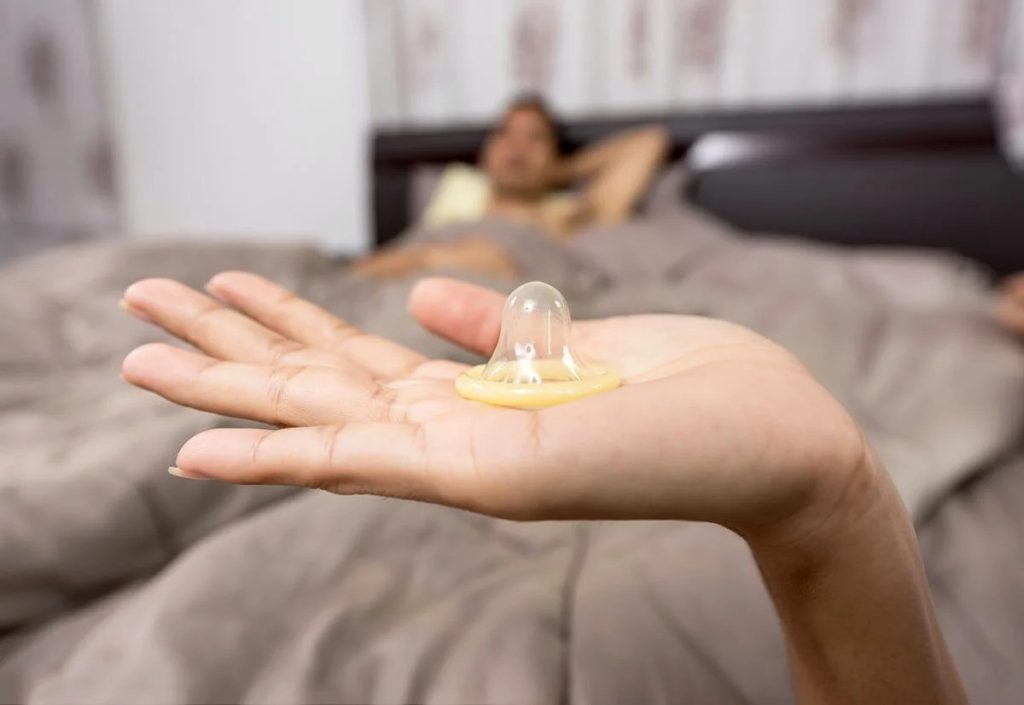The reasons are not entirely clear, but every year more sexual disorders are detected. Erectile dysfunctions, loss of libido, anorgasmia and a long etc.
What can we do about this? The first thing is to identify them to ask for help. The second thing is to know some ways to overcome them, because it is possible to stop them from being a disorder.
A good way to ask for help or connect with people in the same situation is the Help Association. These types of organizations are made up of patients who have been diagnosed with sexual disorders and offer support and answers for those who are seeking it.
Let’s dig a little deeper into these kinds of problems.
Warning signs in sexual disorders
Sexual disorders are identified very well because they are not specific problems. For example, sporadic erectile dysfunction (known as triggering) can happen on a specific occasion, but it does not have to influence the rest of the sexual encounters. However, if you do, there may be a component of anticipatory anxiety that needs to be resolved.
Also, when anorgasmia appears in women and this generates feelings of guilt, as explained by the Clínica Universidad de Navarra, we may be facing a disorder. The person who suffers it may believe that there is something wrong with him and this is not so.
Sexual disorders are common, but they can be fixed. So there’s no need to blame yourself.
Other warning signs in sexual disorders may include:
- Premature ejaculation: it is ejaculation before the conclusion of the sexual act, which appears immediately to stimulation.
- Vaginismus: it is the contraction of the walls of the vagina that prevent penetration or make it very painful.
- Absence of sexual desire: it is the loss of libido.
- Dissatisfaction: the sexual act is concretized, but it is perceived later that there was no pleasure.
All this is accompanied by feelings of guilt, anguish, fear and sadness. They can affect sexual and couple relationships.
Why do sexual disorders appear?
The reasons why sexual disorders appear can be multiple. In fact, sometimes there are doubts to clearly determine why a person is suffering from erectile dysfunction or vaginismus.
However, this is a brief list of some possible causes:
- Traumatic experiences: A sexual assault or a negative experience in the field of love can generate vaginismus in women or erectile dysfunction in men.
- Stress: A series of responses are generated in the body that can manifest themselves through sexual disorders. When stress is resolved, these problems disappear.
- Hormonal imbalances: taking contraceptives or suffering from polycystic ovary syndrome can be reasons for sexual inappetence.
- Depression: Some mental health problems, such as depression, also have an impact on sexual intercourse.
Sexual disorders can show discomfort within the relationship. If there has been an infidelity, the other person is no longer loved or desired, or there is another series of circumstances (gambling, lies, aggressive attitudes) these disorders may appear. Therefore, the best way to know what is happening is to put yourself in the hands of a professional.
How to overcome sexual disorders?
Finding a psychologist who is an expert in sexual disorders is very important. There are many expert professionals who can help.
Finding the solution without collaboration, in most cases, is not possible. You do not have to wait to go to the psychologist, because this only increases the discomfort.
Another way to overcome sexual disorders is to express what happens to the other person, without being ashamed. If the couple knows that there is a situation that is generating premature ejaculation, perhaps they can help delay it with different techniques or with sex toys.
Communication is indispensable in the sexual field and strengthens relationships.
In addition to the above, it is advisable to be proactive so that the situation improves as soon as possible. If there is a problem of anorgasmia, but what the psychologist advises is not done, the chances of the situation continuing as it is are very high.
Sexual disorder or bad sex?
This is a very interesting question. In consultation with the psychologist, perhaps a person may discover that he does not have any problem in enjoying sex, but that there are deficits in practice.
For example, you may never have masturbated or expressed how you like to be touched. Consequently, sex does not lead you to orgasm.
In this type of situation we are not facing an anorgasmia, but a circumstance in which we must modify the way of relating when you have sex. Erectile dysfunction can also have other components, such as the loss of desire for the partner or that relationships are not enjoyed because new things are not tried.
In any case, sexual disorders exist and it is essential to treat them. Sex is an important part of our well-being and it is convenient that we have a healthy relationship with it. The help of a professional will be what will lead to the solution.















